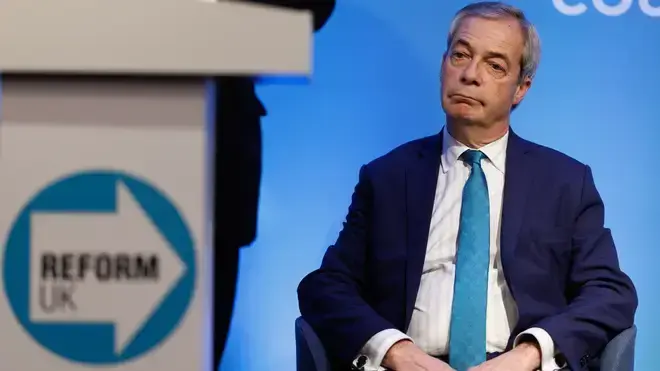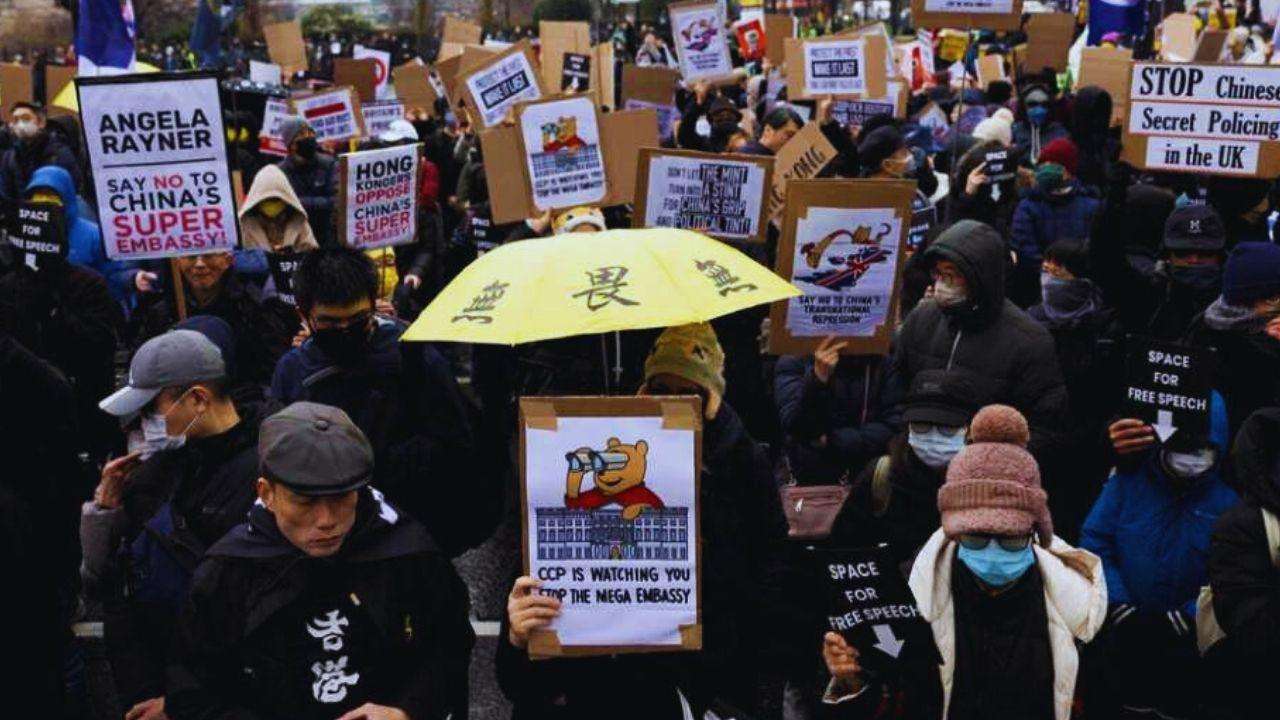Nigel Farage has relinquished ownership of Reform UK as the party seeks to grant more control to its members.
Unlike traditional political parties, Reform UK was established in 2018 as a private limited company, with Farage holding the majority of shares.
According to Companies House filings, ownership has now been transferred to a newly registered entity, Reform 2025 Ltd, with both Farage and his deputy, Richard Tice, no longer holding shares.
Party chairman Zia Yusuf described the move as a "significant step in professionalising the party."
While Farage and Yusuf are listed as the two directors of Reform 2025 Ltd, Companies House records indicate that "no persons with significant control" will exist.
Farage had first pledged to relinquish ownership of Reform UK in September last year.
In a social media statement, Yusuf announced that Nigel Farage has fulfilled his promise by transferring ownership of Reform UK to its members. The party is now a non-profit organization, without shareholders, and operates as a company limited by guarantee.
He added that the process of assembling the governing board, in accordance with the party’s constitution, is underway. Yusuf described this transition as a key step in professionalizing the party and hinted at further announcements as Reform UK prepares for government.
Ben Habib, who resigned after being removed as deputy leader, welcomed the change but criticized the party’s constitution, arguing that it keeps Farage’s leadership largely secure.
Under the new constitution, approved at the party’s conference in September, members can initiate a no-confidence vote against the leader if at least 50% submit a formal request to the chairman. Reform MPs can also call for a leadership vote if either 50 MPs or half of them request it—though this rule applies only if the party holds more than 100 seats, whereas it currently has just five.
Additionally, the constitution specifies that only three board members will be elected, while the rest—including the leader, chairman, and other appointees—will be selected by the leader.
Addressing concerns about the board’s composition, Farage told GB News that his previous party, UKIP, had a fully elected National Executive Commission, which led to governance issues. He emphasized the need for a level of trust between members and the leadership but reassured that if members disapprove of his direction, they now have a mechanism to remove him.
_5.jpg)
_6.jpg)
_7.jpg)





.svg)


